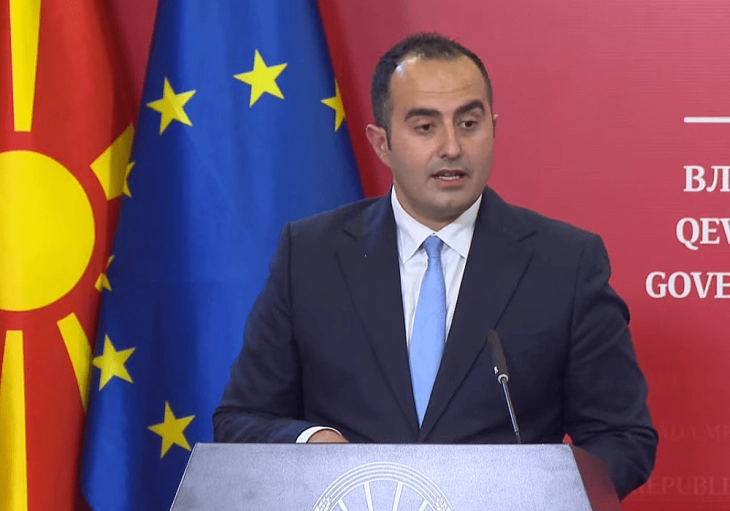Shaqiri: Agreement on mutual recognition of diplomas creates basis for faster development in Western Balkans

Skopje, 26 October 2022 (MIA) – Cooperation between higher education and research institutions in the Western Balkans enables development of knowledge through the mobility of students, professors, researchers and experts, creating basis for faster development in the region, said Minister of Education and Science Jeton Shaqiri in connection with the agreement on recognition of higher education qualifications in the six countries of the Western Balkans, after the harmonized text of the agreement was approved at Tuesday’s government session.
Under the agreement, diplomas issued by a competent higher education institution in one of the six countries of the region: North Macedonia, Serbia, Montenegro, Bosnia and Herzegovina, Kosovo and Albania, will be recognized in the others.
The agreement, which is to be signed at the upcoming Berlin Process Summit, promotes academic mobility and cooperation, higher education is recognized as a public good and public responsibility, and also the agreement raises support and protects academic freedom and the autonomy of higher education institutions.
The creation of policies of regional integration in the sphere of higher education is a great success for all six countries, Minister Shaqiri said in a press release.
“The agreement regulates mutual recognition of higher education qualifications acquired in public accredited higher education institutions, the continuation of studies and access to the unregulated labor market in each of the six signatory countries. It foresees full cooperation between national centers for academic recognition of qualifications, exchange and sharing of experience, tools and databases, cooperation through the Regional Database for Recognition of the Western Balkans, as well as a joint fight against forgery of documents,” said the Ministry of Education and Science.
A joint commission for the recognition of higher education qualifications will be set up, made of three representatives from each of the signatory countries, in order to organize, coordinate and monitor the activities related to the implementation of the agreement.







